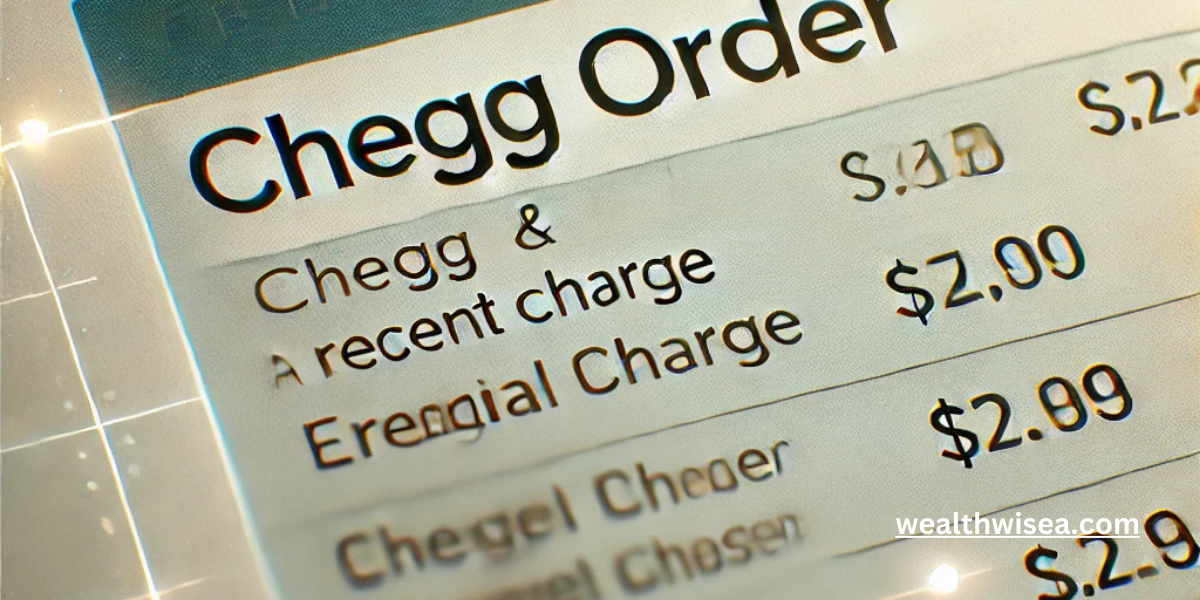What Is Epoch on Bank Statement?

If you’ve ever examined your bank statement and noticed the term “epoch,” you may have wondered what it signifies. Financial jargon can be confusing, and understanding every line on your statement is important for keeping track of your expenses and knowing where your money goes. In this article, we’ll explain what epoch on bank statement means and how it relates to your banking transactions.

What Does Epoch Mean on a Bank Statement?
The term “epoch” on a bank statement generally refers to the time and date when a specific transaction took place. In banking and computing terms, an “epoch” marks the beginning of a period used for tracking time. In the context of a bank statement, it typically represents the timestamp of the transaction recorded in the bank’s system. For instance, when you make a payment or withdraw funds, the epoch time on your statement reflects when that transaction was processed.
Epoch in Digital Transactions
The rise of digital banking has made tracking transaction times essential for both banks and customers. When transactions occur, they are usually logged with a precise timestamp, known as the epoch time. This timestamp is recorded in a format that systems can easily track and verify, ensuring accurate financial reporting. If you’ve seen “epoch” listed next to a transaction on your statement, it might be related to this timestamp system.
Is It Important to Track Epoch on Your Bank Statement?
While seeing epoch timestamps may seem irrelevant to most consumers, they are important for verifying transaction times, especially in case of disputes or fraud. Knowing exactly when a transaction took place can help you identify discrepancies or unusual activity on your account. If you notice something out of place, it’s worth contacting your bank to investigate further.
Understanding Other Terms on Your Bank Statement
Bank statements are filled with terms that may not always be clear. Along with “epoch,” you may have encountered other abbreviations or phrases that require explanation. For instance, if you’ve come across SCD on your bank statement, it’s helpful to know what that means too. You can learn more about the meaning of SCD on a bank statement here.
When Should You Be Concerned About Epoch Transactions?
Typically, epoch timestamps are nothing to worry about. They serve as a technical aspect of your banking transactions, making sure that every payment, withdrawal, or deposit is recorded accurately in the bank’s system. However, if you notice unusual or unrecognized transactions accompanied by the term epoch, it’s essential to investigate further. Fraudulent activity could sometimes slip through, and understanding the timestamps may assist in resolving these issues quickly.
If you’re also puzzled by other unfamiliar terms like Amazon Digital appearing on your bank statement, you can read more about it here.
Conclusion
Understanding what epoch on a bank statement means can help you better interpret your financial activity. While it might simply refer to a timestamp marking a transaction, knowing its purpose can come in handy if you ever need to verify a payment or identify suspicious behavior on your account. Always stay vigilant and regularly review your bank statement to ensure all transactions are legitimate and properly recorded.
FAQs
1. What does epoch mean on a bank statement? Epoch on a bank statement refers to a timestamp that records the exact time and date when a transaction took place. It helps banks and consumers track when payments, withdrawals, or other transactions were processed.
2. Is the term “epoch” important for me to track? While the epoch timestamp is mainly for the bank’s system to log transaction times accurately, it can be helpful for you if you need to verify the exact time of a specific transaction, especially in cases of disputes or suspicious activity.
3. Can “epoch” on my bank statement indicate a problem? Typically, “epoch” just refers to the transaction timestamp. However, if the transaction itself is suspicious or unrecognized, it’s important to review it closely and contact your bank if necessary.
4. Why do banks use epoch timestamps for transactions? Banks use epoch timestamps because they provide an accurate, computer-readable way of logging when transactions occur. This helps ensure the timing of financial records is precise, which is especially important in case of discrepancies or disputes.
5. How can I check if a transaction is fraudulent using the epoch timestamp? If you notice an unfamiliar transaction with an epoch timestamp on your statement, compare the time with your personal transaction history or receipts. If it still looks suspicious, contact your bank immediately to report the issue.
6. Does every transaction have an epoch timestamp? Most digital transactions will have an epoch or some form of timestamp attached to them. It’s a standard part of how banks and financial institutions record the time transactions are processed.
7. Are there other unfamiliar terms I should watch for on my bank statement? Yes, bank statements often include various terms and abbreviations. If you’re curious about other terms like SCD or Amazon Digital, you can learn more about them here or here.
8. How can I avoid confusion with terms like “epoch” on my bank statement? The best way to avoid confusion is to regularly review your bank statements and familiarize yourself with common terms. If you ever encounter unfamiliar words or transactions, don’t hesitate to contact your bank for clarification.
These FAQs aim to clarify some common concerns and questions that arise when customers see “epoch” on their bank statements, helping to simplify the concept.



